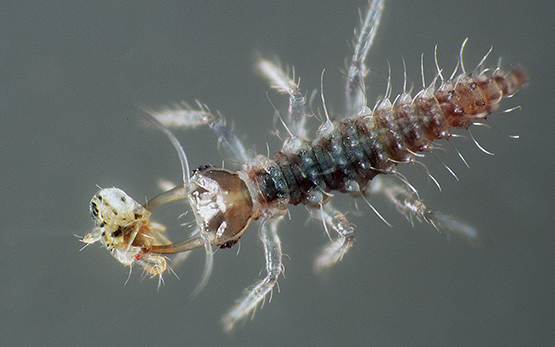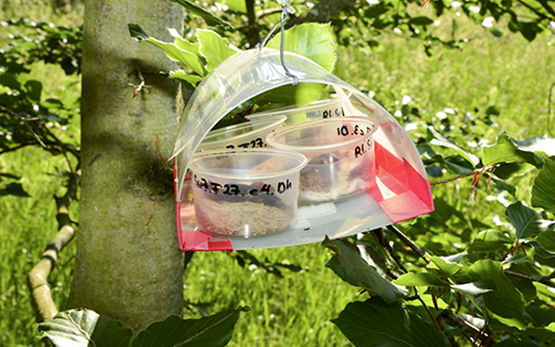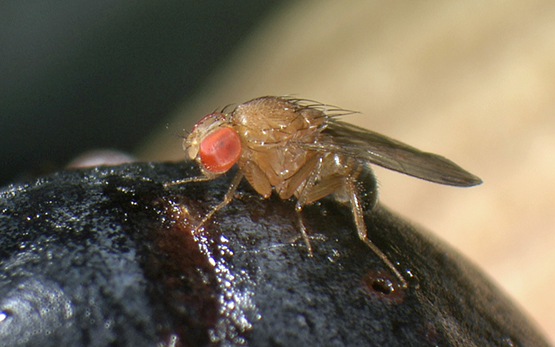Pest Control with Gene Drives
To control pests without pesticides, genetically modified organisms of the same species could be used. But how can the environmental impact of such gene-drive elements be recorded and assessed?
21.04.2020
To control pests without pesticides, genetically modified organisms of the same species could be used. The latter carry a gene that is passed on with above-average frequency via sexual reproduction. This gene possesses traits that directly weaken the pest, or prevent pathogens from being transmitted. But how can the environmental impact of such gene-drive elements be recorded and assessed? Experts from Agroscope have authored a concept study on this topic.

Plants produced using bioengineering methods can simplify agricultural practices and reduce pollution from chemical pesticides. For the sustainable use of these plants, side-effects impacting on biodiversity must be kept to a minimum. Agroscope investigates the ecological effects of plants with new traits, with a special emphasis on beneficial arthropods.

Hedges, tree stands and flower strips often exhibit greater species diversity than cultivated land. Using model systems, Agroscope investigates how agricultural landscapes should be structured so as to allow the suppression of pests. In this way, Agroscope promotes the quality of landscapes, a high level of biodiversity, and hence the competitive production of high-quality plant produce and products.

